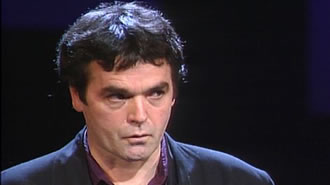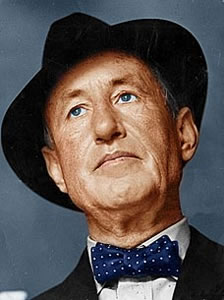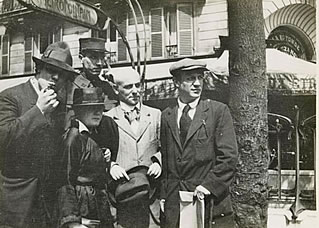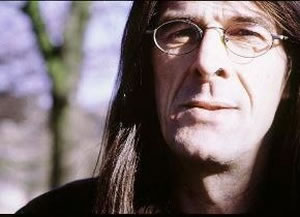De Belgische schrijver Leo Pleysier werd geboren in Rijkevorsel op 28 mei 1945. Zie ook alle tags voor Leo Pleysier op dit blog.
Uit: Dieperik
“En terwijl hij zit te smullen, strooit hij er geregeld nog een paar lepels witte suiker over uit. (Bruine suiker is voor op mijn boterham met plattekaas. Of anders voor op een bord koude rijstebrij, vaders lievelingsdessert.)
‘Er zit al suiker in hoor!’
‘Wat?’
‘Dat er al suiker in zit!’
En dus nog een lepel witte suiker. En nog een.
En nog een.
(…)
Razend kwaad en helemaal over zijn toeren was nonkel Wies. En dat bleef hij toen nog geruime tijd ja. Al stak hij me op het einde, en anders dan gewoonlijk, bij het afdrogen en terug aankleden een handje toe.
‘Gaat het?’
Ik knikte en snikte van ja. Waarop hij met zijn eigen zakdoek mijn tranen bette en mijn neus en mond nog eens afdroogde.”

Leo Pleysier (Rijkevorsel, 28 mei 1945)
Lees verder “Leo Pleysier, Frank Schätzing, Maeve Binchy, K. Satchidanandan, Thomas Moore”



